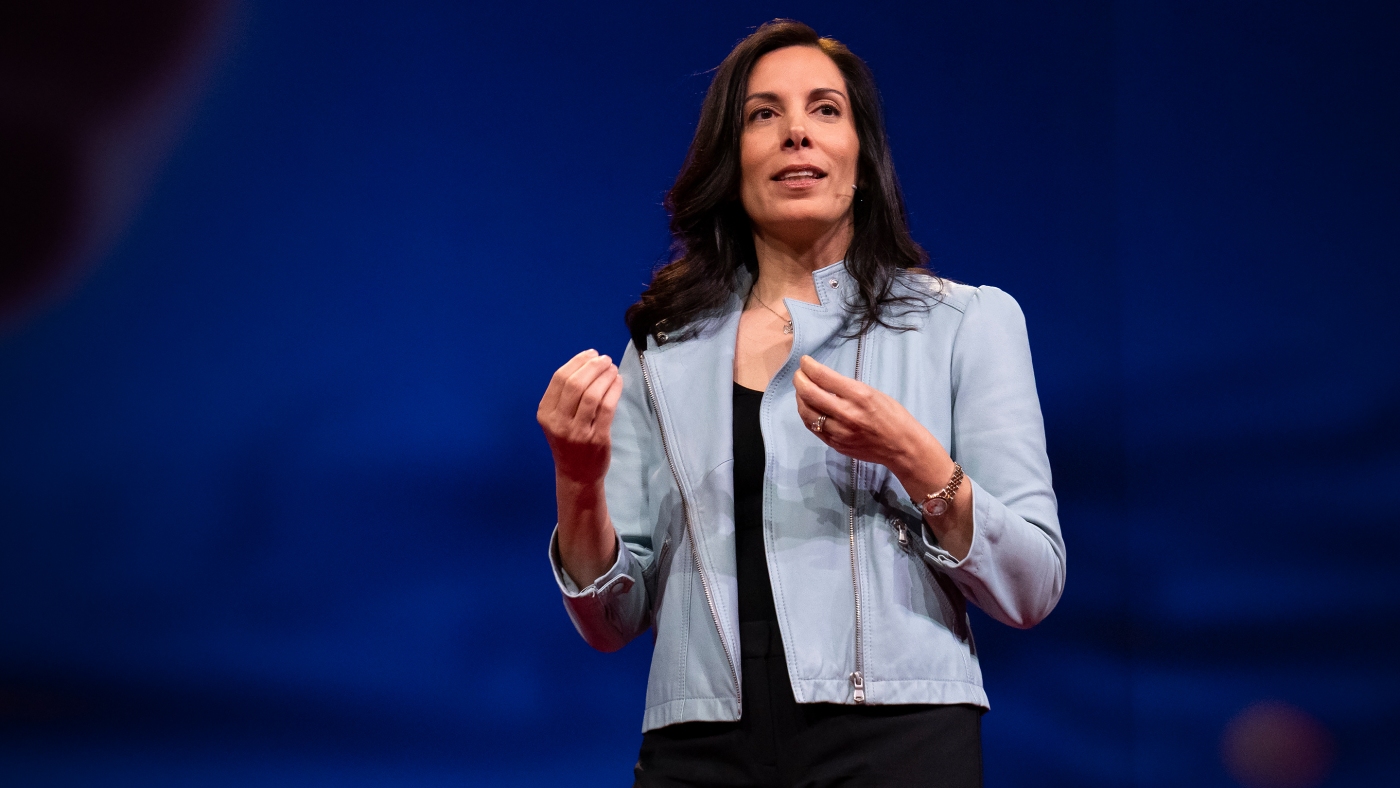
"Developing neurotech can transform how we monitor and improve our well-being. But lawyer and AI ethicist Nita Farahany warns this tech can supercharge data tracking and infringe on our mental privacy. Nita Farahany is the Robinson O. Everett Professor of Law and Philosophy at Duke University and founding director of the Duke Initiative for Science & Society, which works to advance the responsible use of science and technology."
"She has advocated for a new international human right known as cognitive liberty. From 2010 to 2017, Farahany served as a commissioner on the US Presidential Commission for the Study of Bioethical Issues. She is an elected member of the American Association for the Advancement of Science and the American Law Institute, and she is an appointed commissioner for the Uniform Laws Commission."
Developing neurotechnology can transform how people monitor and improve their well-being. Neurotechnology can also supercharge data tracking and create new risks to mental privacy and autonomy. Nita Farahany holds academic and institutional roles that bridge law, philosophy, science, and policy. She advocates for a new international human right called cognitive liberty to protect self-determination over thoughts and mental experiences. Farahany served on the US Presidential Commission for the Study of Bioethical Issues and participates in professional scientific and legal bodies. Her work maps legal and policy frameworks to defend the right to think freely amid neurotechnology advances.
Read at www.npr.org
Unable to calculate read time
Collection
[
|
...
]